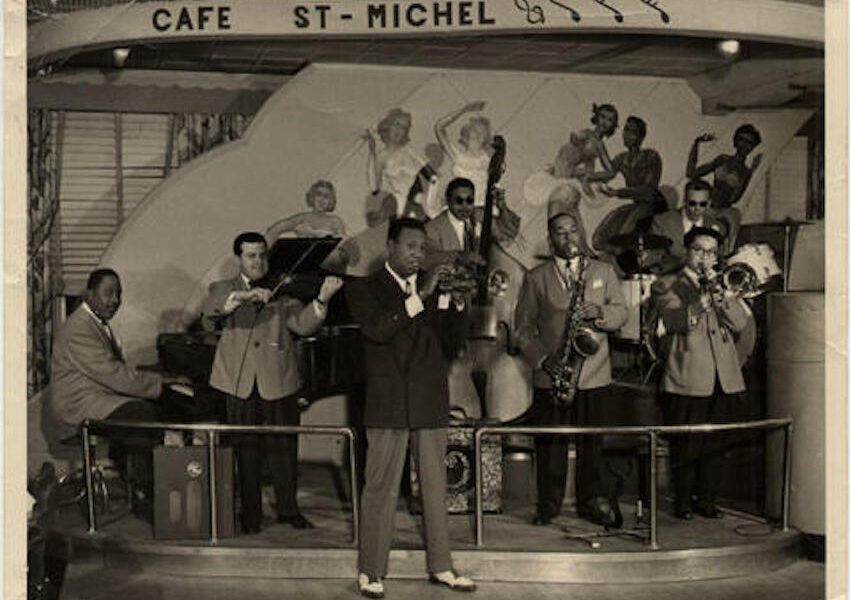Every February, Black History Month comes around with growing support, yet there is still room for growth on behalf of institutions and individuals. Oftentimes, corporations and institutions appear to care about Black history, while truly not doing much good for anyone. These institutions shape Black History Month increasingly around Black trauma when, this month should really be a celebration of Black achievements and history. Most importantly, this celebration should take place all year, keeping the discussion prominent and accessible in the mainstream.
The history of Black nationalism in Canada dates back more than 400 years, but many students only know about Black American history, which diminishes the role of Black internationalisms in the history of Pan-Africanism and Black nationalism. This is shocking considering the major links between Black Canadian and American history. For example, the parents of Malcolm X, Earl and Louise Lansing, met in meetings of the then-newly formed Montreal branch of Marcus Garvey’s United Negro Improvement Association and later wed in the city. After defending his family’s right to reside in a predominantly white neighbourhood in Michigan, Earl was killed, and Louise was subsequently admitted to a mental health asylum. These experiences pushed Malcolm toward the ideology of Black nationalism, with which he would greatly influence the Civil Rights movement of the 1960s as he fought for racial justice. This great connection between Canadian and American Black history should be recognized and more widely taught.
Montreal’s role in the emergence of jazz culture makes the city a cornerstone of Black history, and is even home to the largest Jazz Festival in the world today. The roots of Montreal’s jazz culture can be traced back to the early 20th century when the Black community of Little Burgundy established a number of social organizations to counteract poverty and social marginalization, out of which arose artists like Oliver Jones and Oscar Peterson. During the Golden Age of jazz, several famous artists visited Montreal and frequented clubs founded by the Black community, such as Café St-Michel and Rockhead’s Paradise, the latter being the first Black-owned nightclub in Canada, founded by Rufus Rockhead. The impact that jazz has had on the city is indisputable, and countless McGill students spend their weekends enjoying jazz bars. Residents of Montreal have the responsibility to recognize the rich history of Black culture in the city, to help revive historical and cultural narratives.
McGill has made great progress in celebrating Black History Month with events, and supporting organizations like the Black Students’ Network and the McGill African Students Society, which have brought attention to Black history. However, it is the obligation of McGill students to make use of these resources to further their knowledge of Black history and its impact. These organizations use history to help understand current issues facing Black students, and also offer calls to action that equip students to be better allies to the Black community.
McGill should offer more on Canadian and Montreal Black history. Moreover, McGill is very loud and proud as an institution regarding their alumni, but many students may not have heard that Julius Garvey, son of aforementioned Marcus Garvey, attended McGill. This is a strong link between the Black nationalist and Pan-African movement that the university should recognize during Black History Month.
Montreal and McGill both have profound Black histories. With living in a major city comes the responsibility of acknowledging and understanding the history that shaped it to be what it is today. Montreal holds a diverse population, and increasing recognition of local Black history can truly impact the way residents treat each other and can go a long way toward cultivating an anti-racist society.








